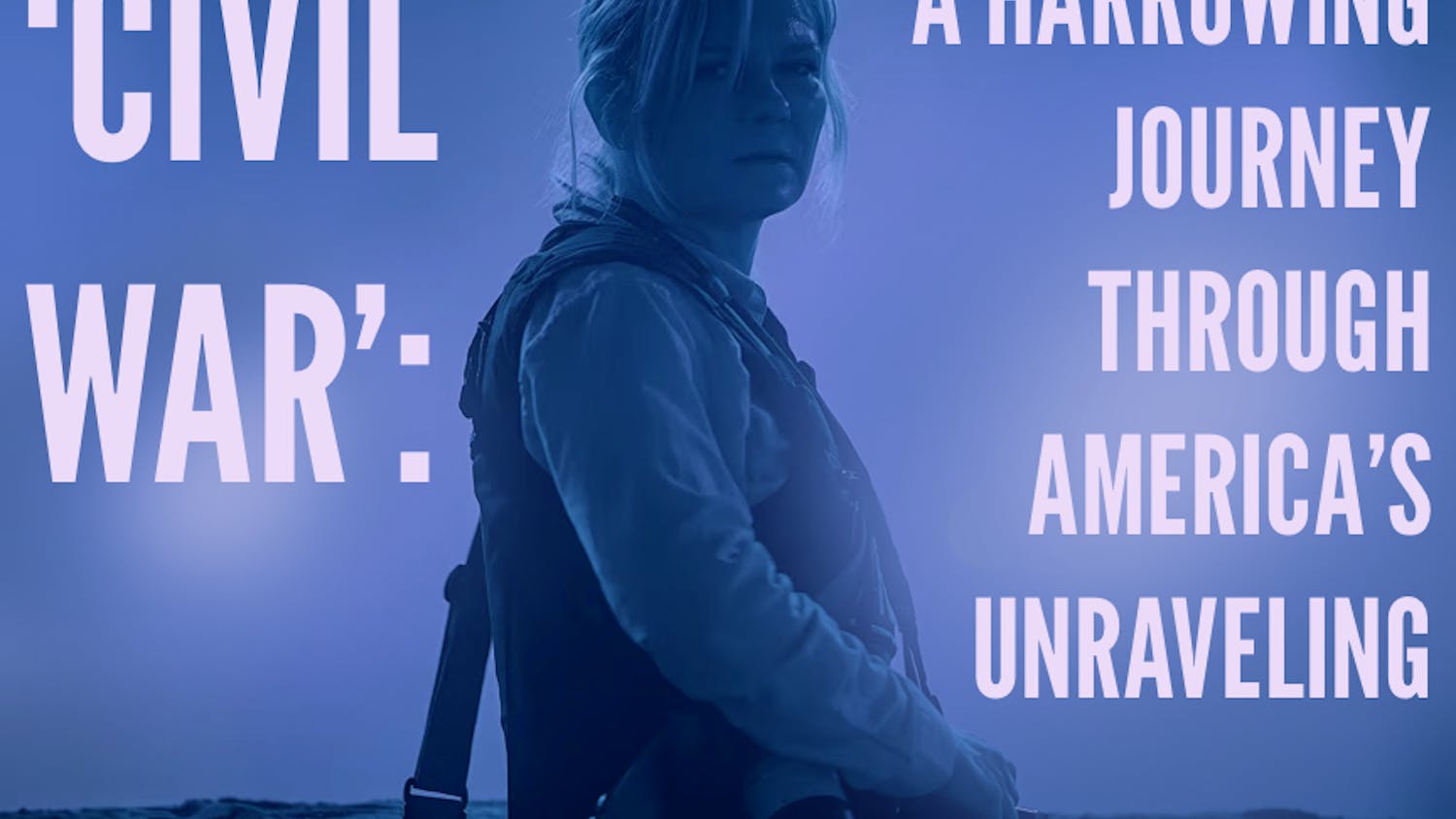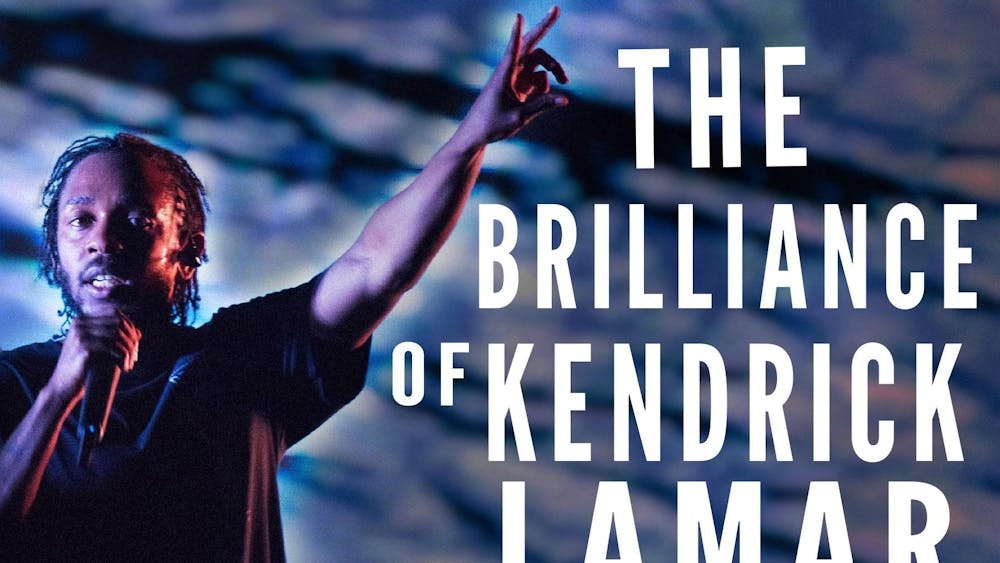
You probably don’t think you know Cream. In fact, you may be asking yourself, “Who is Cream? Are they a band? From when?”
Fair enough. You may not have heard of this extremelyshort-lived rock band or its three members, one of whom passed away on Sunday. In fact, if you happened to see the New York Times obituary for the band’s drummer, Peter Baker, you were probably confused — especially when it calls him a superstar.
But Baker was a pioneer on the drums and Cream was just as successful (and as influential). You may have heard a few of their songs — “Sunshine of Your Love,” “White Room” — and you definitely know some of the many, many bands who cite Cream as an influence. Even though the group’s 10 singles and four studio albums have not achieved the same level of enduring fame as, say, the White Album, Cream influenced the music world more in two years than most artists can in 20.
Often referred to as“the world’s first supergroup,” the trio’s three members — all British — achieved fame independently before forming the group in 1966. Eric Clapton had played lead guitar for the Yardbirds and the Bluesbreakers, becoming an incredibly skilled guitarist and overall blues connoisseur; Jack Bruce, Cream’s bass guitarist (and vocalist), and Baker both rose to fame as members of Alexis Korner’s Blues Incorporated and The Graham Bond Organisation. Both were schooled in jazz and improvisation, which they would combine with Clapton’s bluesy flair in a way that revolutionized the British pop/rock scene. The success of their debut album “Fresh Cream” proved that blues could appeal to mainstream audiences after four months on the UK and US charts. However, this first entry — not too different from the blues tracks that its members had recorded in the past — was largely considered mediocre by critics.
By album two, though, they were ready to experiment. Cream’s members flew to New York to record at Atlantic Records’ New York Studios, releasing their second album, “Disraeli Gears,” in 1967. “Gears” better exhibited Baker’s jazz tempos and sensibilities, new additions to the rock world. Further, techniques of distortion andeffects-pedal-assisted riffs created a psychedelic sound to surround the “mystical” lyrics penned by Bruce and poet Pete Brown. The album’s second single, “Sunshine of Your Love,” encapsulates everything that made its second album so influential; the track is an amalgamation of blues, psychedelia, and hard rock, and it was Cream’s only single to reach gold status in America. Even listening today, there’s something undeniably novel about that opening riff, which imprints itself in your mind and won’t let up, truly electric when paired with Bruce’s warbles.
Cream continued to experiment with their third album, a double-record called “Wheels of Fire” that was released in 1968 and composed of both live and studio recordings, a standout being “White Room.” Still, although the band was achieving success in the studio and on tour, its members struggled to remain united. Bruce and Baker had never gotten along, and it was their volatile relationship that led to the trio’s separation in 1969.
But despite, or maybe because of, this infighting, Cream’s performances were marked with an intangible chemistry that allowed for a reworking — and expansion — of classic blues songs with improvised riffs and solos. This energy led to truly epic live work, including the trio’s iconic rendition of Robert Johnson’s “Crossroads,” which features a guitar solo from Clapton that is considered an all-time great. In this way, Cream influenced future “jam bands” like The Allman Brothers Band and Led Zeppelin, a group which would perform similar sprawling solos and improvised expansions of classic songs. Could some of that infectious energy been fueled by the very volatility that tore them apart? Maybe. Maybe not. But there’s no guarantee that a band with “tamer,” less passionate members would have been so willing to experiment and to bend genres, so daring and so brilliantly unhinged. Sometimes it takes a little chaos to create something new.













